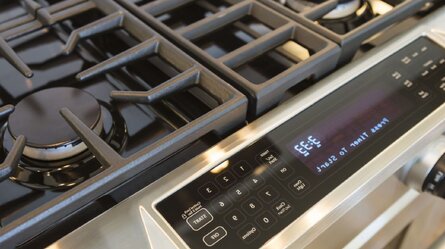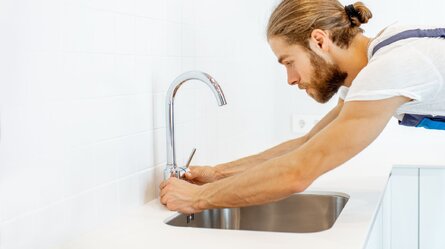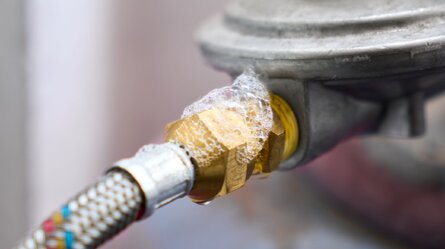Did you know that, according to Energy Safe Victoria, under the Gas Safety Act 1997, gas companies are legally required to report any gas-related incidents that involve death, injury, significant property damage, or explosions? These legal requirements highlight just how serious gas-related hazards can be—even in homes where appliances are well-maintained and regularly serviced.
This isn’t just about ticking boxes on a safety checklist. It’s a reminder that every household should be informed, vigilant, and prepared for gas emergencies. Knowing what to look out for and how to respond quickly can make all the difference between a minor scare and a major disaster.
A Gas Pipe Failure: Early Warning Signs
The best way to avoid a dangerous situation is to spot the signs early. Gas pipe failures don’t usually happen without warning—there are often subtle and not-so-subtle clues that something isn’t right.
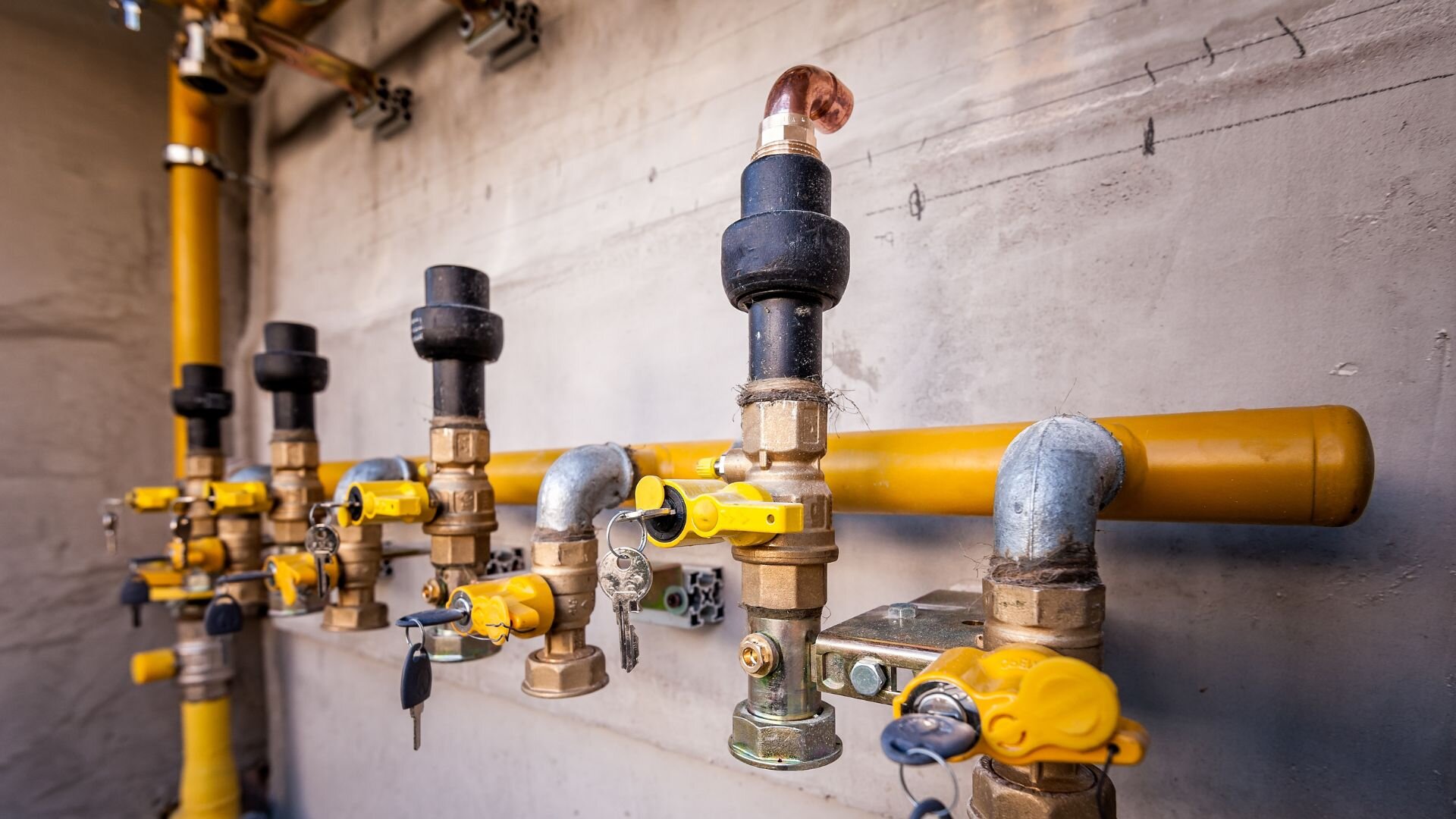
1. Rotten Egg Smell
Natural gas is odourless, but gas suppliers add a chemical called mercaptan to give it a distinct, sulphur-like smell. If you detect a rotten egg or sulphur scent in your home, it’s a strong indicator of a gas leak.
2. Hissing or Whistling Sounds
If you hear a hissing noise near gas lines, valves, or appliances, it could mean gas is escaping under pressure. This sound should never be ignored, especially if it’s coming from joints or fittings.
3. Dead Patches in the Garden
Outdoors, look for areas of discoloured or dying vegetation above underground gas lines. This can signal a slow leak that’s disrupting soil chemistry and harming plant life.
4. Unusual Gas Bills
Have your gas bills suddenly increased without a change in usage? This could be a sign that gas is leaking somewhere in your system.
5. Physical Symptoms
Feeling dizzy, nauseous, or lightheaded while indoors can be a symptom of a gas leak, especially if multiple household members experience it at once. These signs are often mistaken for flu but could indicate something far more serious.
Safety Tip:
Even if the signs are vague or seem minor, never dismiss them. Catching a problem early could prevent property damage, health risks, and life-threatening incidents.
Immediate Actions to Take During a Gas Pipe Emergency
Suspect a gas leak? Stay calm, but act quickly. Time is critical when gas is escaping into your home.
1. Turn Off the Gas Supply
If it’s safe and you know how to turn off your home’s gas supply at the meter, the shut-off valve is typically located at the front of the meter and turns 90 degrees to close.
2. Evacuate the Property
Get everyone—including pets—out of the house immediately. Don’t stop to collect your belongings. Your safety comes first.
3. Avoid Ignition Sources
Don’t turn on or off any lights, use appliances, light matches, or even use your mobile phone while inside the home. Even a tiny spark can ignite gas.
4. Ventilate If Possible
If it’s safe, open windows and doors as you exit to allow fresh air to dilute the gas concentration.
5. Call for Help
Once you’re at a safe distance, call emergency services and your gas provider. Also, contact a licensed gas plumber to carry out repairs once the immediate danger is under control.
Important:
Never attempt to fix a gas issue yourself. In Australia, it’s illegal and extremely unsafe for anyone other than a licensed gas fitter to work on gas systems. DIY repairs can lead to explosions, fires, and long-term safety issues.
The Importance of Professional Inspection and Repairs
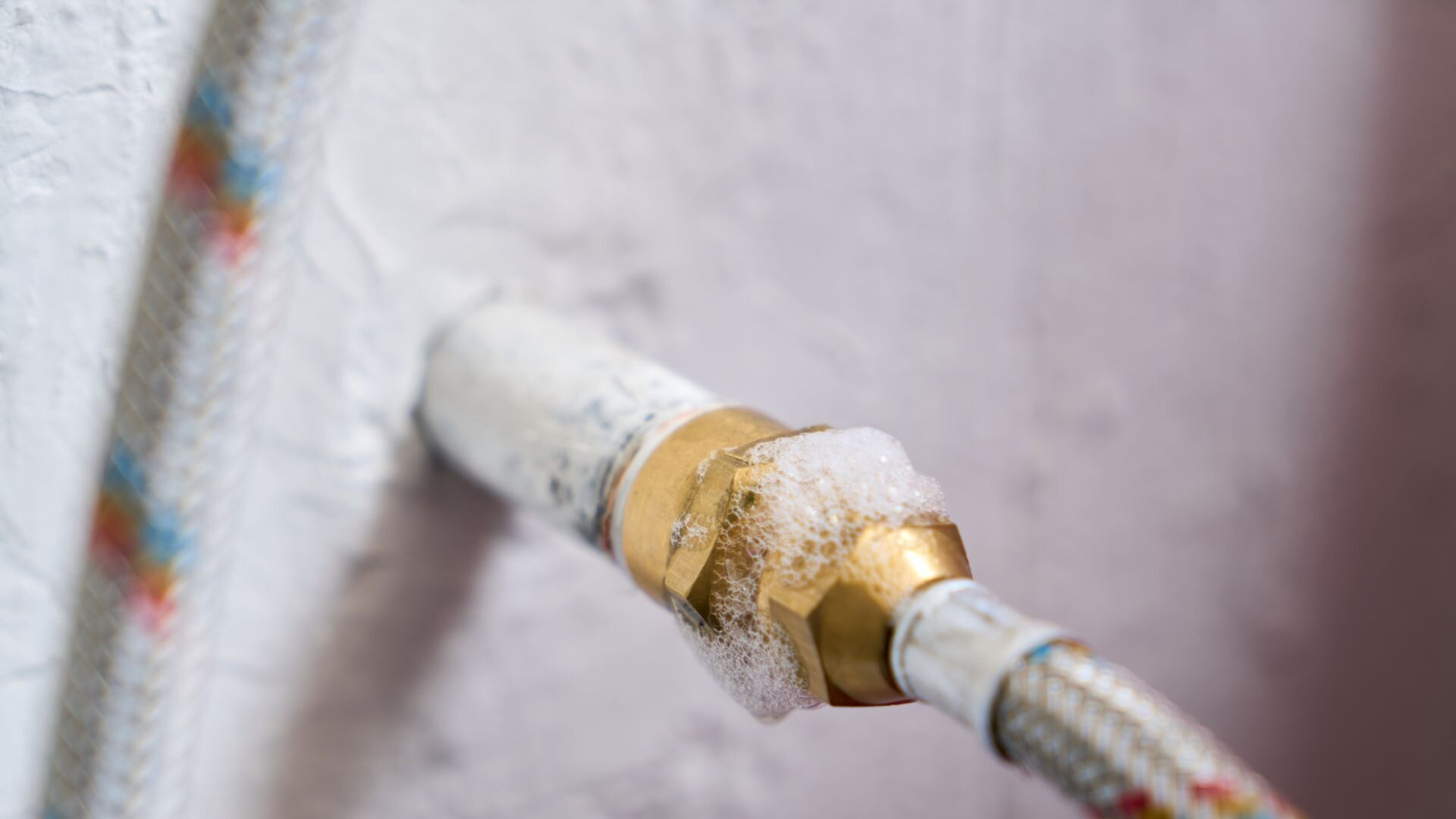
When dealing with gas, professional expertise isn’t just a nice-to-have—it’s a legal and safety requirement. Only licensed gas plumbers in Australia are allowed to inspect, repair, or replace gas systems. Attempting to handle gas issues on your own can:
- Result in carbon monoxide exposure
- Cause explosions or fires
- Void your home insurance
- Lead to prosecution under gas safety laws
That’s why it’s important to contact professionals like Woolf Plumbing. Their experienced team is trained to respond to gas emergencies with the urgency and skill they demand. From pinpointing leaks to replacing damaged lines and testing system safety, licensed gas fitters offer peace of mind and lasting solutions.
Common Causes of Gas Pipe Failures
Gas pipe failures don’t just happen out of the blue. They’re usually the result of one or more preventable issues:
1. Corrosion
Metal pipes, particularly older ones, can corrode over time due to moisture, poor ventilation, or chemical reactions with soil. This weakens the pipe and increases the risk of leaks or ruptures.
2. Poor Installation
Gas systems installed by unqualified individuals often include incorrect fittings, loose joints, or poor-quality materials—all of which can lead to dangerous leaks.
3. External Damage
Tree roots can exert pressure on underground pipes, while accidental damage from digging or renovations is also a major risk. Striking a gas line with a shovel or drill can cause an immediate leak or explosion.
4. Wear and Tear
Like any system, gas lines degrade with time. Joints loosen, connections weaken, and parts may break down, especially if the system isn’t maintained regularly.
Prevention Tip:
Before starting any digging, landscaping or renovations, use a dial-before-you-dig service to map out all underground utilities, including gas lines.
Prevention Tips: Keeping Your Home Gas-Safe
A proactive approach is the best defence against gas emergencies. Here are practical steps to reduce your risk:
Schedule Annual Gas Safety Checks
Book a licensed gas plumber for a comprehensive inspection of your system at least once a year. Regular servicing helps detect issues like worn fittings, low pressure, or improper combustion before they turn into emergencies.
Keep the Gas Meter Accessible
Ensure the area around your gas meter is free from clutter and easy for technicians to access. This makes emergency shut-offs quicker and safer.
Use Certified Appliances Only
Always install appliances that meet Australian standards and are approved for use. Certified products undergo strict testing to ensure safety.
Never DIY Gas Work
Whether it’s installing a new cooktop or moving a gas bayonet, gas work must always be handled by a licensed professional. It’s the law—and for good reason.
Educate Your Household
Make sure everyone in your home, including older children, knows what gas smells like and what to do in an emergency. A simple drill or chat could save lives.
Stay Safe, Act Fast
Gas pipe emergencies are serious—and they demand swift, educated action. Whether you’re dealing with a minor leak or a full-blown system failure, time is of the essence. Recognising the early warning signs, responding quickly, and trusting licensed professionals are the key steps to keeping your home and loved ones safe.
At Woolf Plumbing, we understand the urgency of gas pipe issues. Our team is fully licensed, equipped, and ready to handle emergencies across Perth. Whether you need urgent repairs or just want to book a preventative inspection, we’re here to help.
Need urgent help? Contact Woolf Plumbing for burst gas pipe repair in Perth today. One call is all it takes to protect your home, your safety, and your peace of mind.


